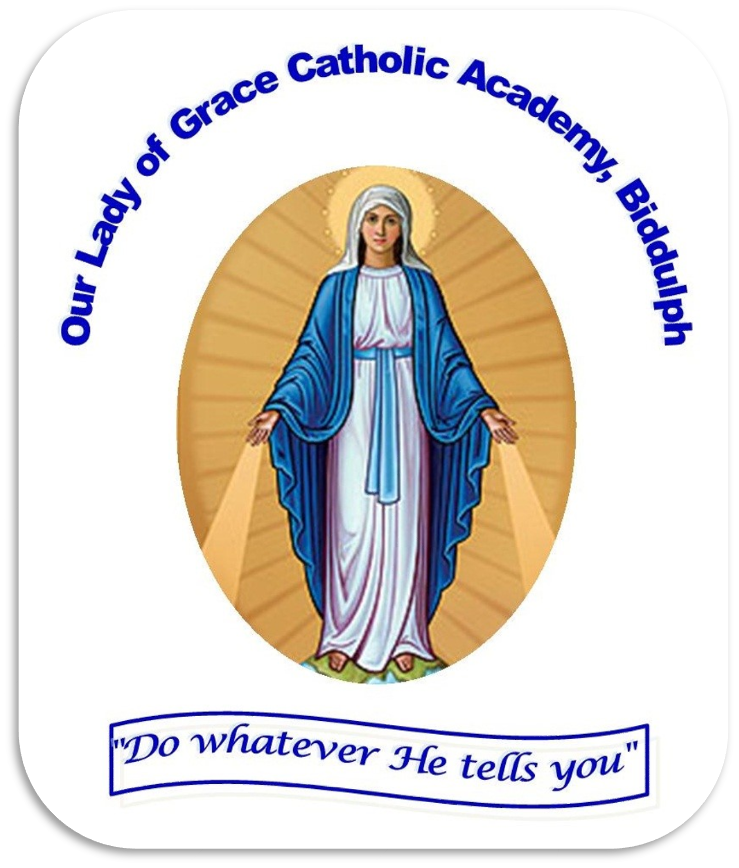Geography
History
Intent
At Our Lady of Grace, we aim to provide a high quality geography curriculum to inspire, challenge and engage children to understand more about the world around them. Teaching key concepts such as place, space, scale, environment, interconnections and physical and human processes. This will help to provide children opportunities for field world and developing key geographical skills to inspire a love of learning.
Implementation
The school focuses on developing the skills necessary for children to understand the changes of the world around them and the impact that they have on the world. Taught as an independent subject, we will deliver a progressive curriculum that builds up key knowledge and skills as they move though the primary curriculum. Geography is an essential part of learning in the Foundation Stage as it is incorporated in everyday learning. The historical aspects of the children’s work relate to the objectives set out in the early learning goals (ELGs).
In KS1, the children will begin by learning about their local environment and how place and space is used. They will be able to name and locate continents and oceans of the world as well as identifying the countries that make up the United Kingdom and their capital cities. Children in key stage one will also begin to identify human and physical locations by looking at natural and man-made items in their local area.
In KS2, children will develop locational and place knowledge by using maps, atlases and digital media such as google earth to name and locate counties, countries and cities around the world. They will use fieldwork and skills to collect and analyse data as well as looking closely at physical and human processes such as urbanisation, volcanoes, earthquakes and global warming.
Impact
Children at Our Lady of Grace will be able to understand geographical concepts and have an understanding of the environment that shapes the world that we live in today. They will have developed skills such as problem solving, asking and answering questions, collecting data, testing and evaluating hypotheses as well as developing a sense of intrigue. The children will be well equipped to use these skills across other areas of learning that will allow them to progress in their learning as they move away from primary education into Key Stage 3 and for life in the wider world.
